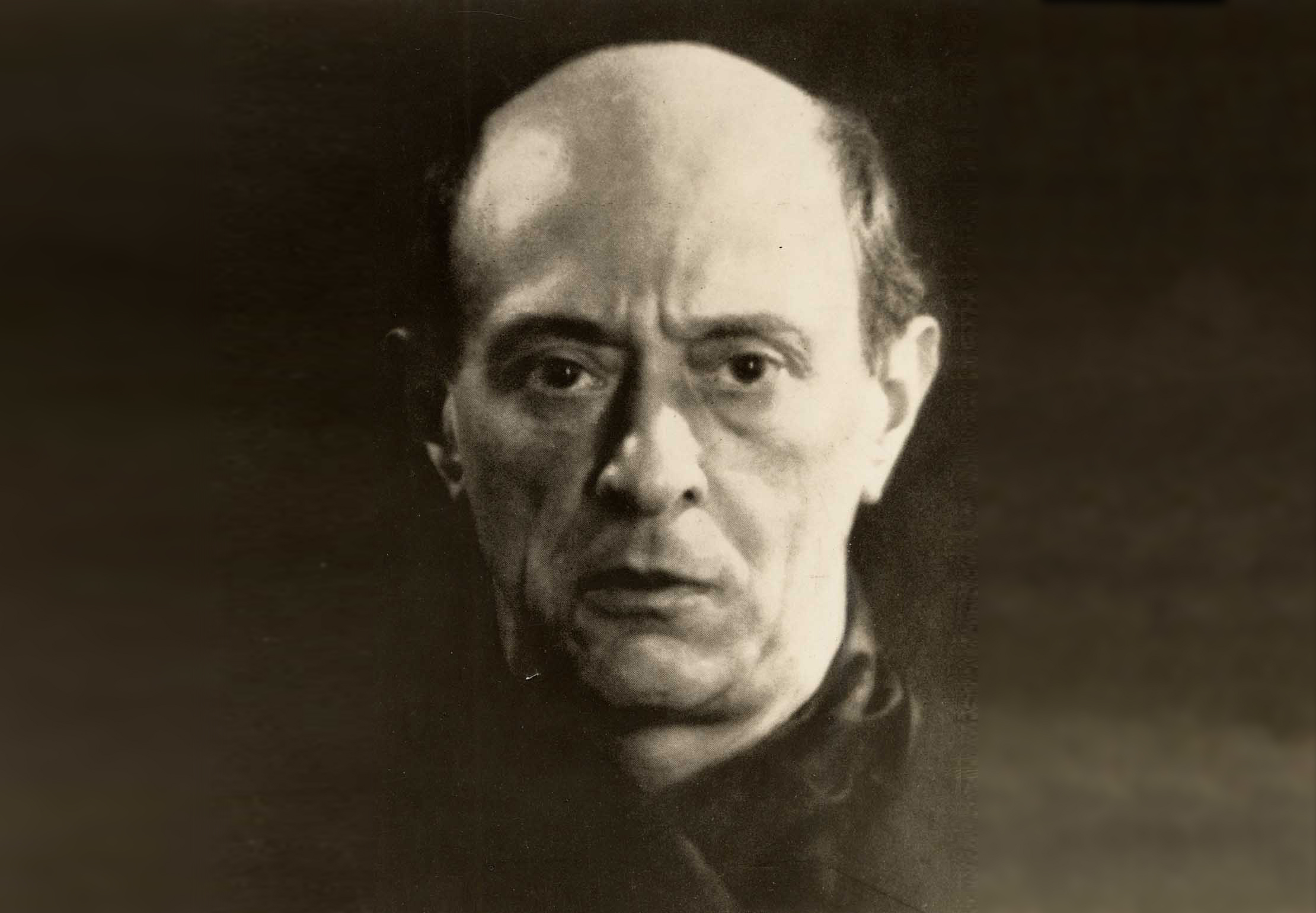In the annals of musical history, certain names stand out as pioneers who challenged the conventions of their time, pushing the boundaries of composition and forever altering the course of music. One such figure is Arnold Schönberg, a revolutionary composer who defied traditional tonality and forged a new path for the future of music. Join us on a journey through the extraordinary life and work of this musical visionary.
Early Life and Influences:
Arnold Schönberg was born on September 13, 1874, in Vienna, Austria, into a modest Jewish family. His childhood was marked by tragedy and struggle, losing his father at a young age. However, Schönberg’s passion for music blossomed early on, and he dedicated himself to its pursuit. He studied composition and harmony with prominent figures such as Alexander von Zemlinsky, imbuing him with a deep appreciation for the Romantic repertoire.
Breaking with Tradition:
Schönberg’s artistic evolution can be characterized by his insatiable desire to explore new musical frontiers. In the early stages of his career, he embraced the late Romantic style, creating lush harmonies and expressive melodies. However, it was during the early 20th century that he embarked on a path that would redefine music.
The Twelve-Tone Technique:
At the heart of Schönberg’s compositional revolution lies the development of the twelve-tone technique, also known as serialism. This revolutionary approach aimed to liberate music from the constraints of tonality, enabling composers to utilize all twelve notes of the chromatic scale in a systematic and organized manner. Schönberg’s pioneering work in this field, coupled with his treatise “Harmonielehre” (Theory of Harmony), laid the foundation for a new era in music.
Legacy and Influence:
Schönberg’s impact on the music world cannot be overstated. His compositions, characterized by intricate contrapuntal writing and intense emotional expression, challenged audiences and fellow musicians alike. Though initially met with resistance and controversy, his ideas ultimately proved influential, paving the way for generations of composers to explore new horizons.
Teaching and Mentorship:
Schönberg’s passion for music extended beyond his own compositions. He became an esteemed teacher and mentor, with students who would go on to become prominent figures themselves, including Alban Berg and Anton Webern. His pedagogical approach emphasized individual expression, fostering creativity while encouraging an understanding of the theoretical foundations of music.
Later Works and Personal Life:
Schönberg’s later compositions, such as his groundbreaking opera “Moses und Aron,” continued to exhibit his fearless exploration of musical language and form. However, his personal life was marred by the rise of Nazism in Germany and Austria. As a Jewish artist, Schönberg faced persecution and was forced to flee to the United States to escape the horrors of World War II. Despite these challenges, he continued to compose, teach, and inspire new generations of musicians.
Conclusion:
Arnold Schönberg’s life and work stand as a testament to the power of artistic innovation and the ability to challenge established norms. His contributions to music, particularly the development of the twelve-tone technique, forever altered the course of composition, opening doors to new possibilities and expanding the expressive potential of the art form. Today, his influence can be seen in the works of countless composers, ensuring that his legacy as a musical revolutionary endures.


Comments are closed